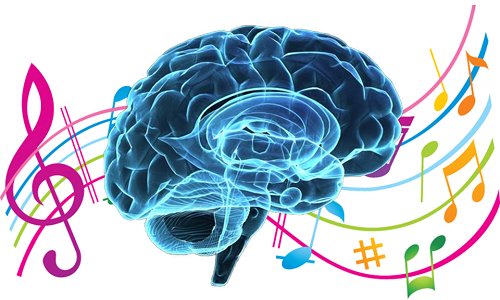An interdisciplinary study reveals, using musical cues to learn a physical task significantly develops an important part of the brain. The study could have positive implications for future research into rehabilitation for post-stroke patients who have lost some degree of movement control.
An interdisciplinary study reveals, using musical cues to learn a physical task significantly develops an important part of the brain.
People who practiced a basic movement task to music showed increased structural connectivity between the regions of the brain that process sound and control movement.
The findings focus on white matter pathways – the wiring that enables brain cells to communicate with each other.
The study could have positive implications for future research into rehabilitation for post-stroke patients who have lost some degree of movement control.
Thirty right-handed volunteers were divided into two groups and charged with learning a new task involving sequences of finger movements with the non-dominant, left hand. One group learned the task with musical cues, the other group without music.
“The study suggests that music makes a key difference. We have long known that music encourages people to move. This study provides the first experimental evidence that adding musical cues to learning new motor task can lead to changes in white matter structure in the brain,” said Dr. Katie Overy, Institute for Music in Human and Social Development (IMHSD), Reid School of Music, University of Edinburgh, Edinburgh, UK and co-author of the study.
After four weeks of practice, both groups of volunteers performed equally well at learning the sequences, the researchers at the University of Edinburgh found.
Using MRI scans, it was found that the music group showed a significant increase in structural connectivity in the white matter tract that links auditory and motor regions on the right side of the brain. The non-music group showed no change.
Researchers hope future study with larger numbers of participants will examine whether music can help with special kinds of motor rehabilitation programmes, such as after a stroke.
The interdisciplinary project brought together researchers from the University of Edinburgh’s Institute for Music in Human and Social Development, Clinical Research Imaging Centre, and Centre for Clinical Brain Sciences, and from Clinical Neuropsychology, Leiden University, The Netherlands. The results are published in the journal Brain & Cognition.


